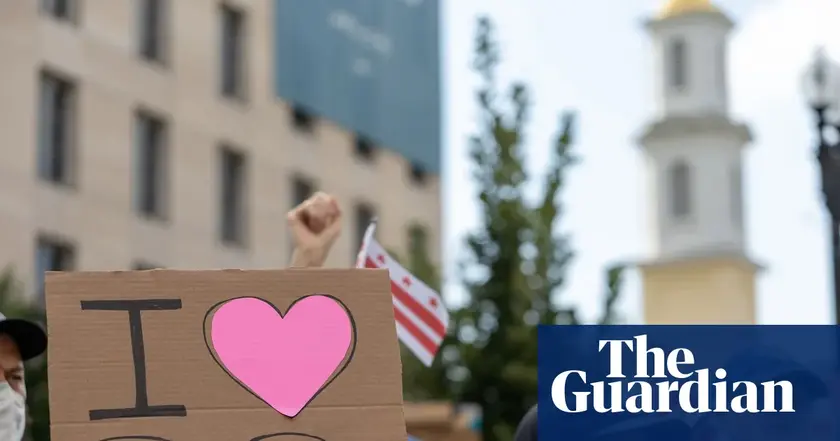T4K3.news
DC police to boost ICE cooperation
MPD allows traffic stop reports to ICE as part of enforcement push
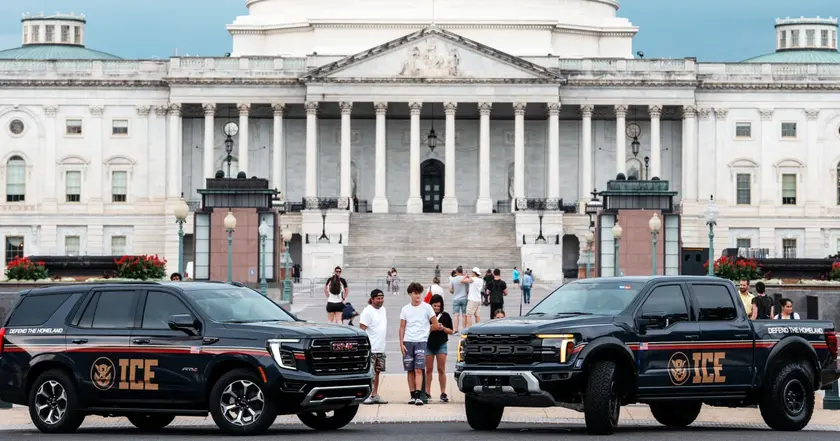
Metropolitan Police Department Chief Pamela Smith issued an executive order Thursday allowing officers making traffic stops to notify federal Immigration and Customs Enforcement agents about undocumented immigrants they encounter, NBC Washington reported.
D.C. police to increase cooperation with ICE as part of Trump's crackdown
The Metropolitan Police Department announced an executive order that lets officers report undocumented people they encounter during traffic stops to ICE, even if those individuals have not been detained or charged. This marks a shift away from earlier policies and ties local policing more tightly to federal immigration enforcement. Mayor Muriel Bowser has said the district is not a sanctuary city, even as it maintains several pro-immigration measures, including noncitizen voting in local elections and limited cooperation with federal agencies.
Representatives for Bowser, the MPD, and ICE did not respond to requests for comment. In Washington, President Donald Trump praised the move, calling it a great step and suggesting the policy could spread nationwide as a tool to curb crime. Earlier this week federal authorities under Trump moved to deploy National Guard troops and federal agents to the district, while ICE raids occurred in major cities and drew protests.
Key Takeaways
"Crime in D.C. is ending and ending today."
Statement attributed to U.S. Attorney General Pam Bondi
"That’s a great step, if they’re doing that."
President Donald Trump on the MPD executive order
"We want to stop crime."
Trump remarks during White House remarks on the policy
The order reflects a broader push by some administrations to merge local policing with federal immigration aims. If trusted communities perceive cops as extending immigration enforcement, it could chill reporting and cooperation with police. The policy also creates friction with DC's evolving immigration posture and its own political signals about sanctuary status and civil rights protections. The immediate political risk is clear: critics may label the move as federal overreach, while supporters argue it strengthens public safety and law and order.
Looking ahead, DC faces a test of governance under national pressure. Local officials must balance crime prevention with protecting vulnerable residents, all while navigating a national debate that frames policing through the lens of immigration. The coming months will reveal whether this hybrid approach can withstand political backlash and legal scrutiny and still maintain public trust.
Highlights
- Crime in D.C. is ending and ending today
- That’s a great step if they’re doing that
- We want to stop crime
- This could happen all over the country
Immigration policy raises political and civil rights risk
Linking local police activity to federal immigration enforcement could provoke political backlash and affect trust in law enforcement among immigrant communities. It also intersects with DC's existing sanctuary policy debates and civil rights concerns.
The balance between safety and rights will continue to shape the capital's politics.
Enjoyed this? Let your friends know!
Related News
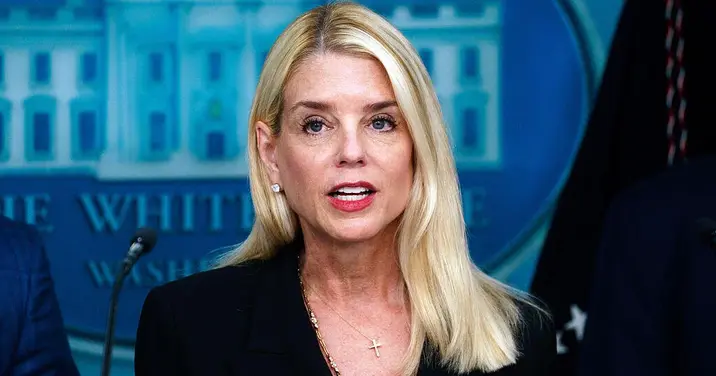
DC policy shift on sanctuary status
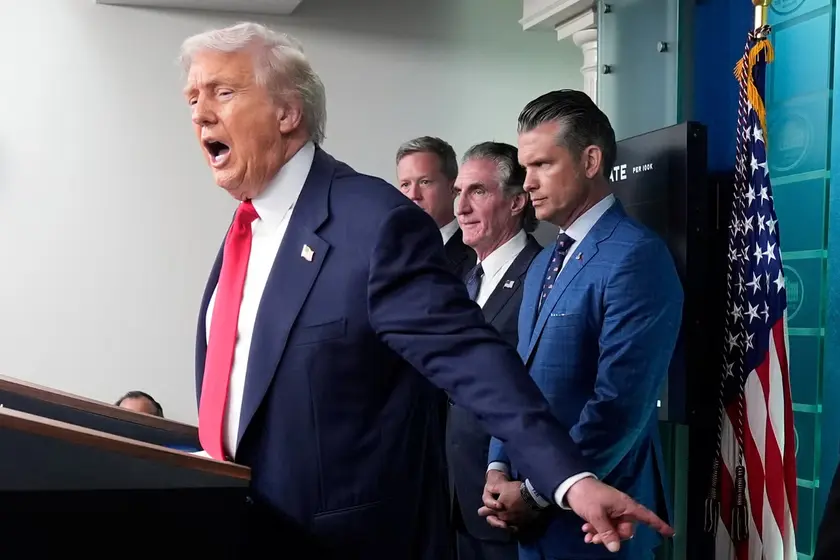
Trump moves to seize DC police control

Capitol presence links Trump pick to January 6
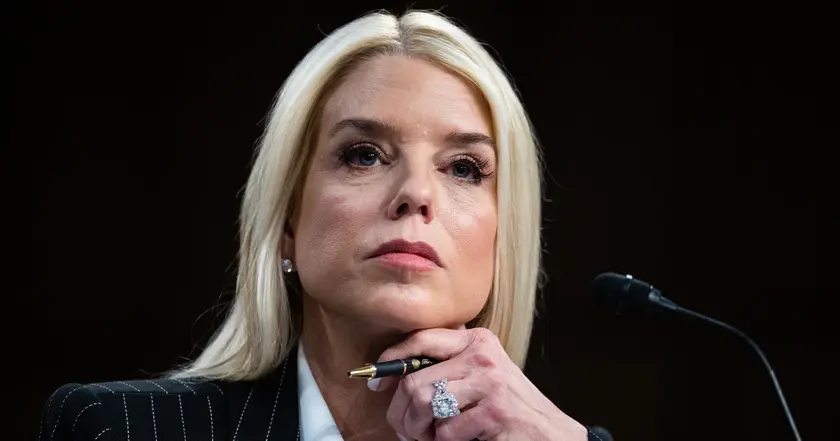
Bondi names DEA head as emergency DC police chief
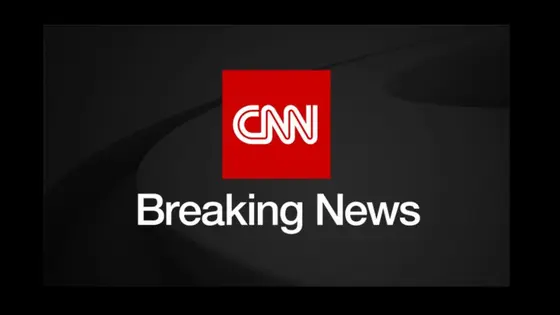
Trump administration increases federal law enforcement presence in DC
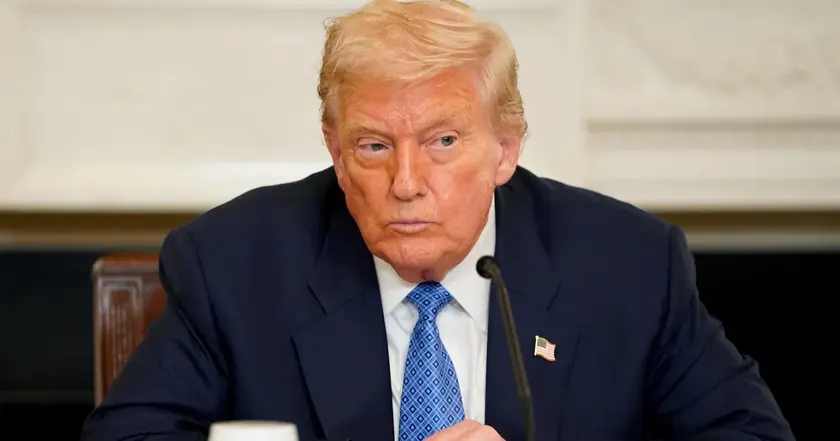
Federal questions unfold in DC
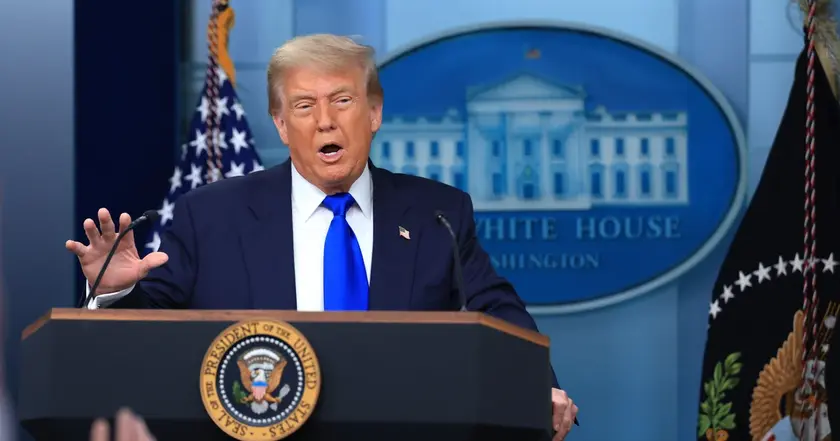
Trump tackles DC crime
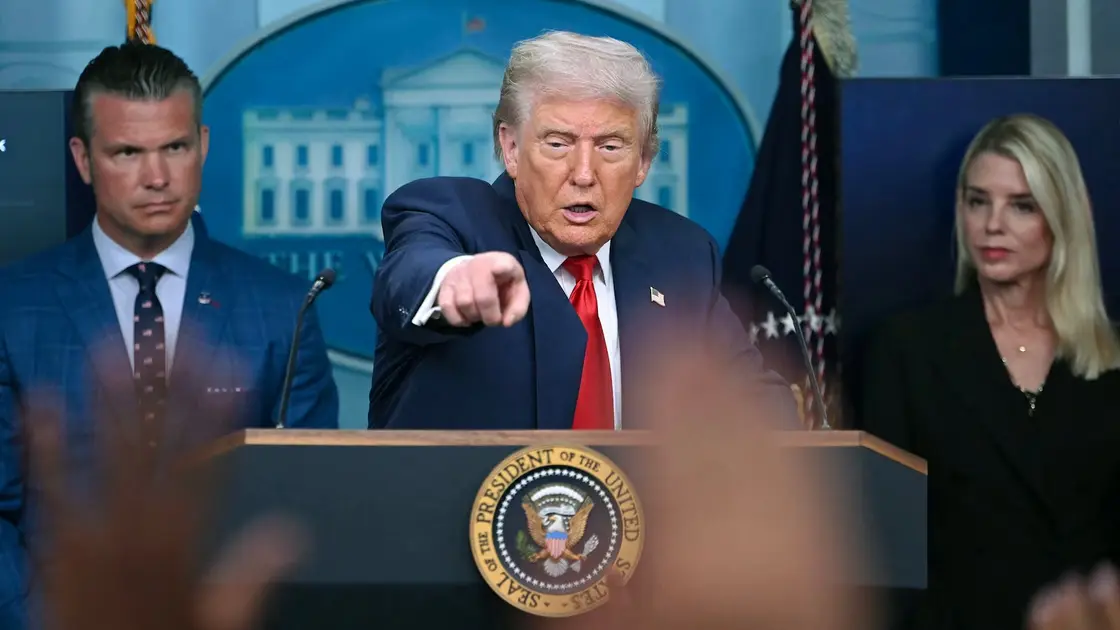
Trump places DC police under federal control
